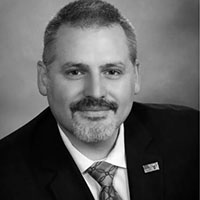Mount Hope DUI-DWI Lawyer, Ohio
Michael B Washington
✓ VERIFIEDCriminal, Child Custody, Whistleblower, DUI-DWI, Business
Michael served 13 years as a Prosecuting Attorney in South Eastern Ohio. In private practice, he has broadened his work to all areas of criminal law ... (more)
Zachuary Thorpe Meranda
✓ VERIFIEDCriminal, DUI-DWI, Divorce & Family Law, Car Accident, Animal Bite
The Meranda Law Firm LTD was created in 2008 by Zachuary Meranda. In 2009, Zach took on a partner - his wife, Rossia Meranda, who contributed greatly ... (more)
Thomas J. Morris
Complex Litigation, Criminal, DUI-DWI, Federal Appellate Practice
Status: In Good Standing
FREE CONSULTATION
CONTACTBrian Lamar Summers
Lawsuit, Federal Appellate Practice, DUI-DWI, Business
Status: In Good Standing Licensed: 28 Years
David Charles Knowlton
Estate Planning, DUI-DWI, Criminal, Personal Injury
Status: In Good Standing Licensed: 32 Years
Randall Carl Hunt
Real Estate, DUI-DWI, Merger & Acquisition, Corporate, Business
Status: In Good Standing



